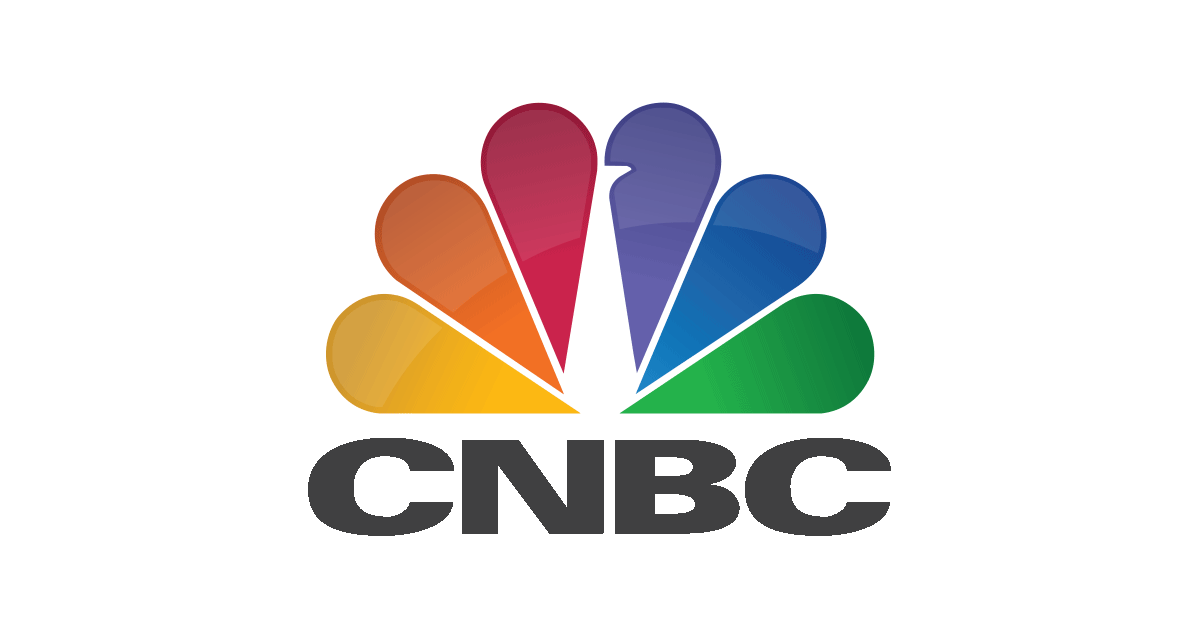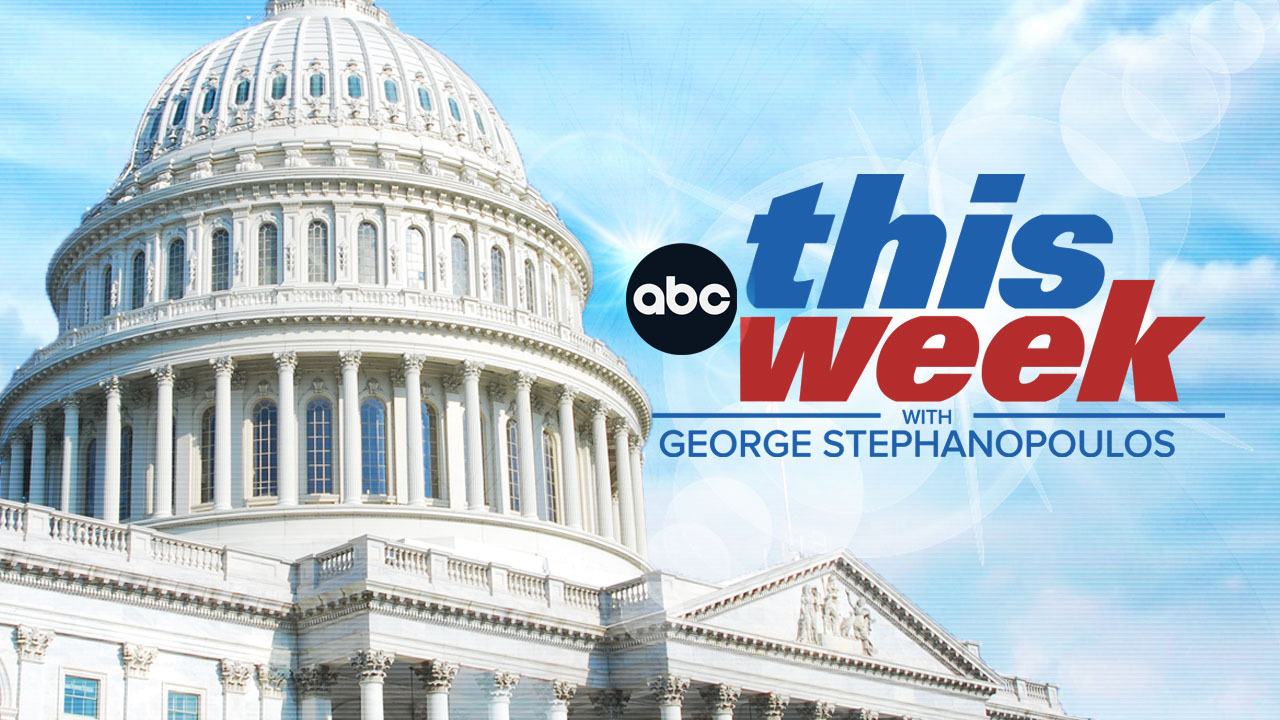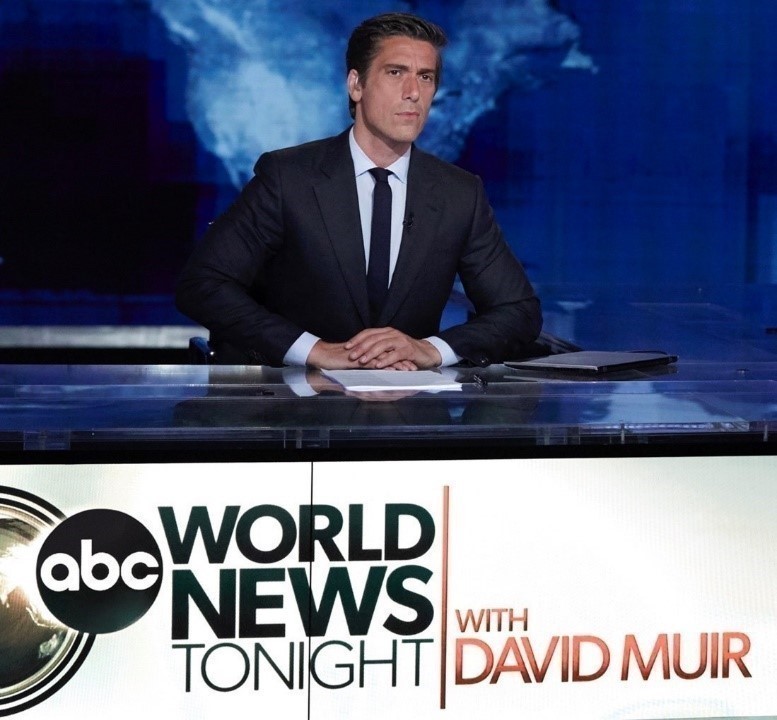WHEN: Today, Wednesday, October 25, 2023
WHERE: CNBC’s “Squawk Box”
Following is the unofficial transcript of a CNBC interview with WeWork Co-Founder & Former CEO and Flow Founder Adam Neumann on CNBC’s “Squawk Box” (M-F, 6AM-9AM ET) today, Wednesday, October 25. Following is a link to video on CNBC.com: https://www.cnbc.com/video/2023/10/25/fmr-wework-ceo-adam-neumann-on-latest-venture-flow-the-need-for-community-has-never-been-greater.html.
ANDREW ROSS SORKIN: Meanwhile, Saudi Arabia’s Future Investment Initiative Conference is underway. Top business leaders from around the world gathering to talk about the global economy and investments in the Middle East. But the war between Israel and Hamas is, to some extent, a major topic there as folks focus historically on the economic issues. But this one, of course, is front and center. Joining us right now from Saudi Arabia is Adam Neumann, of course the co-founder and former CEO of WeWork. He’s also the founder of Flow. He was born in Israel and served in the country’s military. And, Adam, I want to thank you for joining us this morning.
ADAM NEUMANN: Andrew, thank you for having me.
SORKIN: Let’s start with Israel. I want to try to understand your thoughts on what’s happening in the region and also some of the thoughts that you have about what you’ve been hearing and talking to folks at FII. This is our first opportunity both to speak to you and, frankly, to speak with somebody at this moment about what the conversation is on the ground. You’ve been watching this tragic situation play out. Given that you grew up there, what are your immediate thoughts?
NEUMANN: First of all, Andrew, the horrific, barbaric, sadistic acts that were committed on October 7th, I have no words to describe them. As you know, I’m from Israel, but the place I spent the most time growing up was a place called Kibbutz Nir Am, which is about three kilometers off the Gaza border. And it’s one of the many communities that were brutally attacked on October 7th. And it’s hard to even describe in words.
SORKIN: You know, when you look at what’s happened, I’m so curious, given that you’re now in Saudi at this moment, what the conversation is on the ground about all this. Even your decision, by the way, to go to FII. I know a lot of executives who were back and forth about whether they should, whether they shouldn’t go. Just take us through some of your thinking right now.
NEUMANN: You know, Andrew, in a time like this, and especially because this is so personal, this was scheduled months in advance. But when this occurred, I knew that I even have to go more. As an entrepreneur, as we said, I spent a lot of time in the Kibbutz. I’ve always respected community and bringing people together. When times are very difficult is when I need, and I think we need, to push harder. So, for me, there was no question about coming here. What was very uplifting for me is when I arrived here, a lot of people walked up to me and said – and who knew I was Israeli, said, Adam, how is your family? How are you doing? And I appreciated that. And then other people walked up and said, Adam, thank you for coming. It’s so important now, even more than ever before. So, I knew it was the right thing to do. But based on the reactions I got locally, I feel as uplifted as you can feel with the things that are going around.
SORKIN: And what is the thinking there on the ground about what’s happening in Israel, what the next operations look like, how to think about the human impact across the board, including on those innocent Palestinians? And you know, there has been an enormous blowback on some of the Israeli operations already. Queen Rania was on CNN just yesterday, being very supportive of the Palestinians. And I wouldn’t say she was supportive of Hamas, but it was a very different kind of conversation than has been happening in other regards. So, what’s the talk where you are?
NEUMANN: So, I’m going to try to break down what you said slowly. First of all, I think a lot of people agree that Israel has the right to defend itself. I think that goes without saying. I also think that the aftermath of such a horrific event is also horrific. And I think a lot of people are confusing between Hamas and Palestinians. There are innocent lives being lost right now on all sides, and that is always horrific. The discussion here, it’s more as a business setting. Everybody is trying to come together. I’ll tell you one thing that I saw here. I see a lot of different people, from different nationalities, from different religions, trying to come together. And sometimes business is a place where people can find a common ground and easier than the political setting. Regarding what you asked me about Israel’s reaction and what it should and shouldn’t do, except for the fact that I know Israel has a right to defend itself, and must, I’m not in a position to state what should and shouldn’t happen. I’m not a politician. What I’m doing is my best that I can do as a businessman, as an entrepreneur. And I think it’s up to all of us right now to find our own way that we can do our best. But I also think we can be one of two things. Either we’re creators or we’re destroyers. I choose to be on the creator side.
SORKIN: There were some comments made earlier today by MBS committing to continue these conversations with Israel about normalizing relations. Is that a conversation that’s happening on the ground where you are? Are executives and some of the other policy leaders and others that are there talking about that?
NEUMANN: So, I think the news came late night U.S., early here, and I definitely think it sends a very positive signal. I hope that a lot of people around the world are hoping that the peace talks continue. I pray that they continue. And I was happy to hear that those comments were made. And I really think this is the right direction.
SORKIN: Tell us about the current state of Flow. This is your new company, supported by Andreessen Horowitz. I know you’re sponsoring – or not sponsoring but participating in a competition of sorts, not for yourself but for kids in Saudi. Tell us about that, but also sort of the state of where Flow is right now.
NEUMANN: So, Andrew, you know, after the discussion we just had, it’s a little hard to go straight into that. But I think I’ll state in a way that connects. As I said earlier, I grew up in the Kibbutz. And that gave me a lot of who I am. And bringing people together and building community has always been what we were about and what I was about. And the WeWork journey was an amazing one and took us all the way into here. And I was very lucky to find partners like Marc Andreessen and Ben Horowitz. And the most important board in our partnership is alignment. And we’re very aligned towards our views around the world. And we’re very aligned on our moral standards. And we’re very aligned on what we want to build. Flow is another iteration of the same story, which is, when people live in community, when people live together, when people obviously have differences, but they actually find way to share passions, they find way to share business, there’s always a common ground. And Flow started by tackling a housing crisis in the U.S. 35-year-olds and younger are renters over 50 percent. The exact number last year was around 65 percent of 35-year-olds and younger in the U.S. were renters. And those renters, that age is only growing. That age is going to be 70 percent younger than 40 years old are going to be renters. So, if I’m a 22-year-old and I’m going to be a renter for the next 10 to 20 years, I need an elevated experience. I’m also going to spend a third of my income on that rent. And it just makes sense that I would want to do it in a place where I’m part of the community. I’ve been saying this more and more when people ask me, but I think we live in a world where we need more friends –
SORKIN: Right.
NEUMANN: — not more followers. And Flow is using technology and community to bring these buildings together.
SORKIN: Adam, we’ve talked before about lessons learned from the WeWork experience, but the WeWork story has shifted since we last talked. Most recently, the company warning that it could file for bankruptcy. And I’m curious how you’re thinking about that now, both the future of WeWork and the entire WeWork story.
NEUMANN: As you know, Andrew, I haven’t been involved in the past four years. So, I’ve been staying on the sidelines and observing. And when I think of the WeWork story, put me aside, I think of the unbelievable team that we had that built this global business and the efforts they put for over a decade. I have the pleasure of working with some of those team members today. And we talk about how amazing it was. I think WeWork’s opportunity today, its product market fit, is even greater than ever before in a world where leasing is as difficult that it’s been and office occupancy is in all-time lows and companies are not sure if they’re hybrid work or full-time work. So, it’s been difficult to observe from the side and see what’s happening.
SORKIN: But as you look at this and you say there’s a market fit, does the model work and has what’s happened to that model shifted any of your thinking or been a lesson for how you’re thinking about Flow?
NEUMANN: So, as you said, I’ve learned a lot of lessons from WeWork, and we’re applying all of them to Flow. And one of them is, when you’re outside of a situation it’s sometimes hard to understand exactly what’s happening in the inside. So, I’m looking at things from the outside and I’m seeing what’s happening in Flow. And in Flow, our residents are using our spaces, not just to live, but we have co-working, ancillary services in our spaces. We just added conference rooms in our spaces. Seventy percent of our residents work at least one day, if not longer, from home. The future of living and the future of work are really correlated. But as we mentioned, I have my great investors, I’m partners with a16z. Everything that I’m going to do in the future is going to take the lens of alignment and everything through Flow. And, as a team, we have been observing what’s been happening to WeWork. And yes we do believe there’s a shift in the model between what happened in the past, what happened today, specifically to enterprises that are not tackling returning back to work, work from home, work in the office. We’ve been talking to some of the largest Fortune 500 companies on the planet, and their needs have changed. But the need of people working together, the need for community has never been greater.
SORKIN: Adam Neumann, I want to thank you for joining us this morning from Saudi Arabia. We very much appreciate it and look forward to seeing you again very, very soon. Thanks.


